Domestic services
Carbon Monoxide (CO) Information and Advice
Carbon monoxide is a poisonous gas that has no smell or taste. Breathing it in can make you unwell, and it can kill if you’re exposed to high levels
Carbon monoxide is a poisonous gas that has no smell or taste. Breathing it in can make you unwell, and it can kill if you’re exposed to high levels
Carbon monoxide is a poisonous gas that has no smell or taste. Breathing it in can make you unwell, and it can kill if you’re exposed to high levels
Natural gas is one of the safest fuels used today – but you should be aware of how to use it safely. In the UK, National Grid Gas safely and reliably distributes natural gas to more than 23 million customers, including houses, multi-family buildings, schools, hospitals, businesses and large companies.
At Pace Heating & Plumbing we’re committed to providing you with information and service to ensure you know how to identify and prevent any potential safety issues. Pace service, maintains and repair your home’s gas appliances and service line that runs from the gas meter into your home.
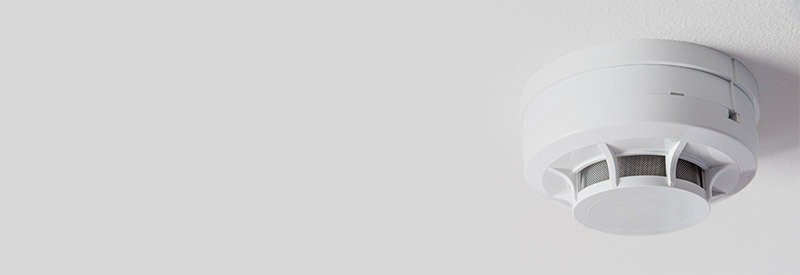
When you are doing maintenance around your home, be sure to replace the batteries and test both your fire alarm and carbon monoxide detector. This should be done at least twice a year.
Carbon monoxide (CO) is a poisonous gas that you can’t see, smell or taste. Exposure to the gas can cause long-term damage or be fatal. Every year 40 people die from carbon monoxide in the UK, and 200 people are hospitalised. You can find more information below on how to protect yourself and your home from carbon monoxide poisoning, and what to do if there is a leak.
It’s easy to spot signs that your gas or heating appliances are producing carbon monoxide. Danger signs can include:
Symptoms can include:
If you or someone you’re with is feeling ill, visit your doctor urgently. Explain that symptoms may be related to CO poisoning and ask that they test a blood or breath sample.
If someone is seriously ill from poisoning it’s vital that they leave the room and get fresh air. You should call for medical help urgently. Make sure that when help arrives you tell them that you suspect carbon monoxide poisoning. This will ensure they get the appropriate treatment quickly.
If your carbon monoxide alarm sounds or you suspect a leak:
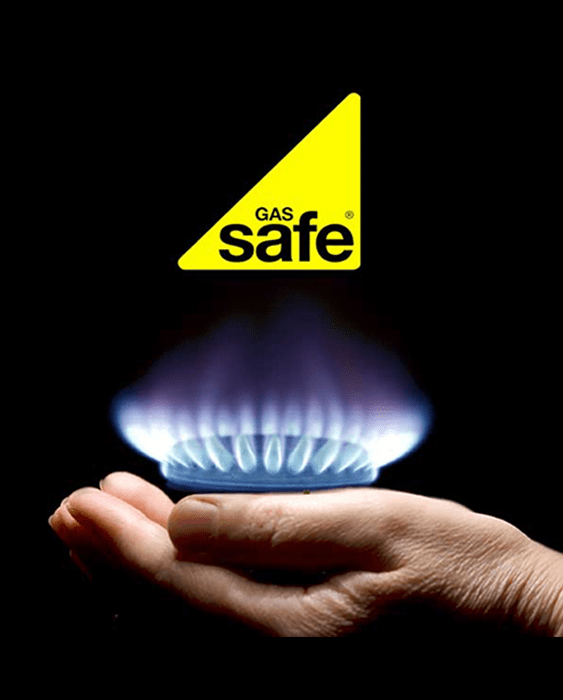
There’s no right or wrong time to have your boiler serviced – as long as it’s being serviced once every 12 months. While you can have your boiler serviced at any time of year, we highly recommend arranging one during the summer.
Carbon monoxide is released into your home when faulty appliances start leaking. You must take the proper steps in your home to make sure you remain safe from carbon monoxide poisoning at all times.
All Pace Heating & Plumbing engineers carry CO detectors, which are available to buy any time you’ve arranged for one to come to your home. You can also buy a detector online, or at a number of DIY stores and retail outlets. When you buy your detector, make sure it meets current European safety standards so that you know it’ll work safely and correctly in your home.
Look for alarms marked with the ‘EN50291’ standard. This may be written as BSEN 50291 or EN50291 and with the ‘CE’ mark, which can usually be found on the packaging and product. Your alarm will also have either a Kitemark or Loss Prevention Certification Board (LPCB) logo to show independent testing and certification.
When fitting your alarm, you should always follow the instructions that come with it. Where you put the alarm is important, so here are some tips for where to position it.
Always make sure to regularly test your carbon monoxide alarm, which you can do by using the test button. Check the instructions to see where the button is and how it works on your particular alarm. When the low battery signal sounds, you must either replace the batteries or buy a new carbon monoxide detector. To find out which, you can read the instruction manual that came with your detector.
Remember that your carbon monoxide alarm must never be used in place of annual safety checks. Contact a Gas Safe registered engineer every 12 months to ensure your appliances work correctly, remain in warranty and are safe to use.

We’ll make sure you and your family are gas safe by ensuring all gas appliances are working safely and efficiently.
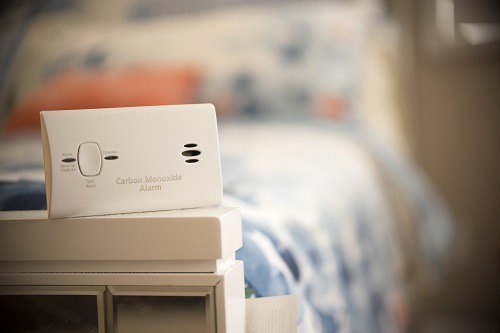
It is known as the “silent killer” because humans cannot tell when they are around it, but it is very dangerous and deadly
Pace Heating & Plumbing is dedicated to bringing peace of mind to you year-round. All our engineers are gas safe registered. Call 0207-183-2727 if you are not ready to talk now fill out your contact information and a dedicated Home Advisor will work with you to customize a solution for your home and family needs

If you suspect a gas leak and smell something similar to rotten eggs, open the doors and windows, turn off any pilot lights, exit your home, and Call 0800 111 999 straight away.
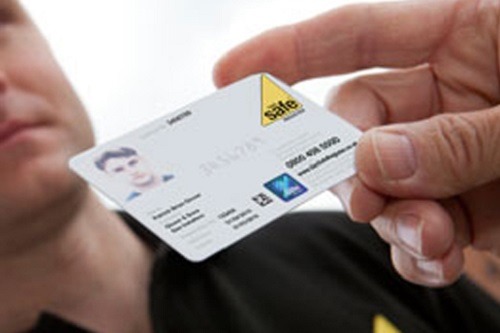
Here’s our advice on how to keep you and your family gas safe: Get an annual gas safety check, Know the signs of CO poisoning and Make sure everyone in your home know how to be gas safe

Suspect a gas leak? LEAVE the area and Call 0800 111 999 straight away. The Pace engineer Can Pinpoint And Repair Your Gas Leaks And Restore Your Safety And Peace Of Mind

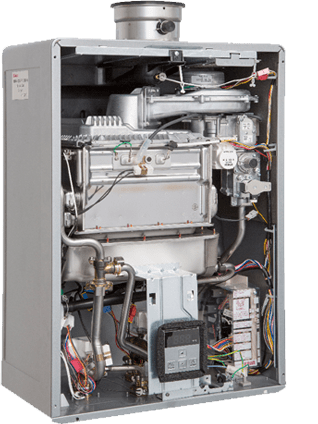
Boiler repairs could cost over £600. You could avoid most unexpected repair costs like these with our Pace boiler Protection Plans.

We’re Pace Heating & Plumbing If you’re looking for boiler engineers in your area, then you’ve come to the right place. All our engineers are trusted & accredited Gas Safe registered professionals. We only higher the best. Get in touch today!